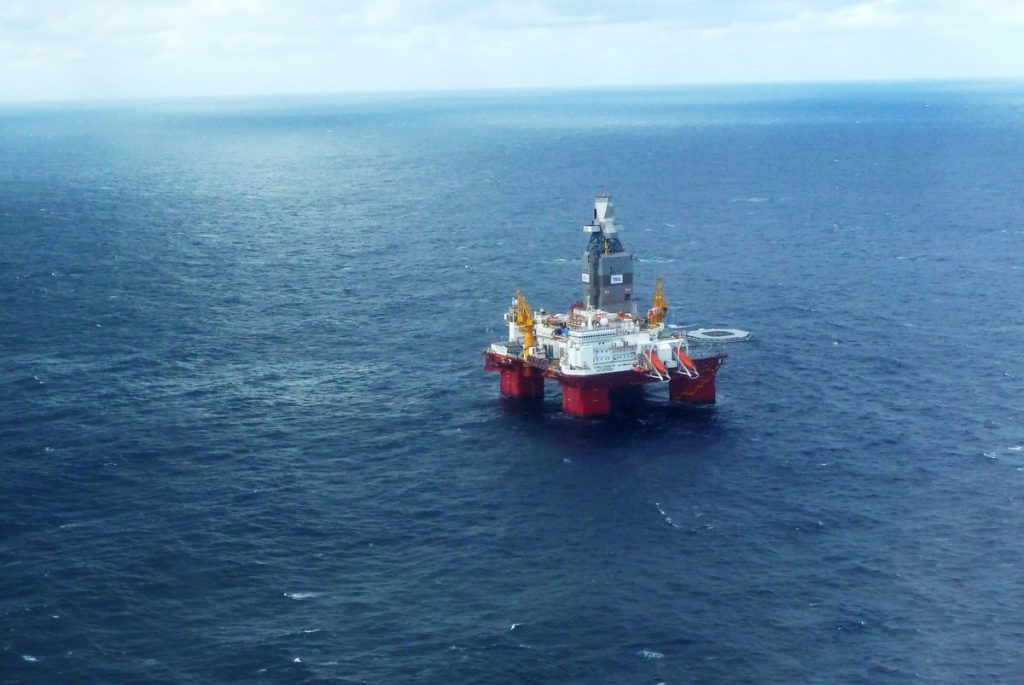
If the world went all out in its fight against fossil fuels it would cost Norway more than £630 billion, almost the same amount it has stashed in its massive sovereign wealth fund.
That’s one of the illustrations in a highly awaited report from Norway’s Climate Risk Commission released on Wednesday in Oslo. It said the value of Norway’s remaining oil and gas resources could drop to 2 trillion kroner (£184 billion) — instead of as much as 9 trillion kroner if global climate policies are kept as is.
“Ambitious international climate policies, with lower demand for fossil energy, will reduce the value of the remaining petroleum resources,” the panel said in its report.
Norway would, of course, stand to gain other benefits from successfully fighting climate change, according the group led by economist Martin Skancke. Beyond avoiding threats such as the spillover effects of conflict and humanitarian crises and more extreme weather, the country would enjoy an appreciation of the value of its clean and renewable hydropower.
Debate in Norway over how western Europe’s biggest oil and gas producer should adjust to climate change has been intensifying in past years, as politicians, organizations and citizens question both the moral and financial implications of exploring for more oil. Norway estimates that about 55 percent of its resources are still in the ground after discovering oil in the late 1960s.
The commission said climate risk in itself didn’t mean Norway should change the terms that guide the oil industry’s investment decisions, such as a tax system that provides incentives for exploration and high deductions for investments as a counterweight to a high tax level.
Yet it said the government should do a better job of analyzing its own climate risk, including by setting up scenarios for oil, gas and carbon-emission prices that can be used to stress-test both the Norwegian state’s petroleum wealth and future oil and gas projects.
Norway’s $1 trillion sovereign wealth fund last year asked the government for permission to sell its oil and gas stocks, though it described the proposal as a measure to reduce financial risk exposure and said it was unrelated to climate risk.
While the Skancke panel noted that the fund is exposed to climate risk at a systemic level, recommendations on the investor’s strategy fell outside its mandate.
Recommended for you
